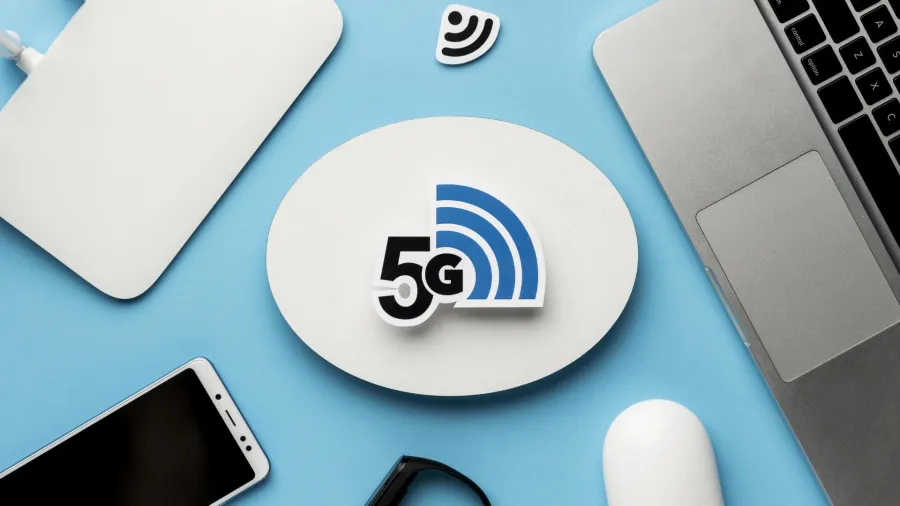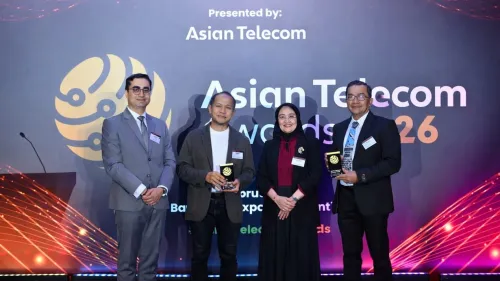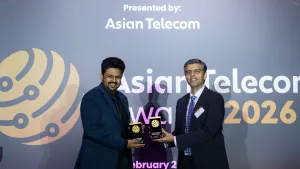
Cellular M2M/IoT in South Korea set for further expansion
Country's high level of 5G penetration a crucial driver.
In South Korea, 5G penetration stood at around 130% in 2024, according to GlobalData, and the high level is helping drive further growth in the machine-to-machine / Internet of Things (M2M/IoT) services market.
Estimates by GlobalData point to a compound annual growth rate of 8.6% for M2M/IoT service revenue over the medium term, from $578m in 2024 to about $900m in 2029.
Aside from advancements in 5G, other key drivers in this space include telcos' efforts in pushing for new M2M/IoT use cases. Smart manufacturing initiatives and the country's widening digital infrastructure also mean M2M/IoT development.
GlobalData noted: "The government's smart manufacturing programme aims to increase the adoption of automation, AI (artificial intelligence), and IoT across industries, including manufacturing, textiles, and automotive.
"The government also provides financial incentives to encourage small and medium-sized enterprises (SMEs) to embrace these technologies, accelerating the transformation."
An example of these incentives is the $2.2m smart factory initiative that will enable food processing SMEs to operate using smart manufacturing methods.
"The evolving use cases for M2M/IoT across industries like manufacturing, healthcare, agriculture, transportation etc., and digital infrastructure applications like smart cities, smart buildings, and smart grids with telcos too offering connectivity plans targeted at these applications will lend traction to the M2M/IoT market," GlobalData Telecom Analyst Neha Mishra commented.
"SK Telecom is poised to lead the M2M/IoT services market in South Korea by subscriber share through 2029, thanks to its investments in 5G and IoT technologies and strong focus on enterprise segment. The company’s M2M/IoT offerings in areas like smart utilities and connected transportation help the operator leverage opportunities in the market."
Mishra believes that improving network reliability for IoT applications and bundling customised data-centric IoT services will allow telecom companies in South Korea to capitalise on the current market trend.














